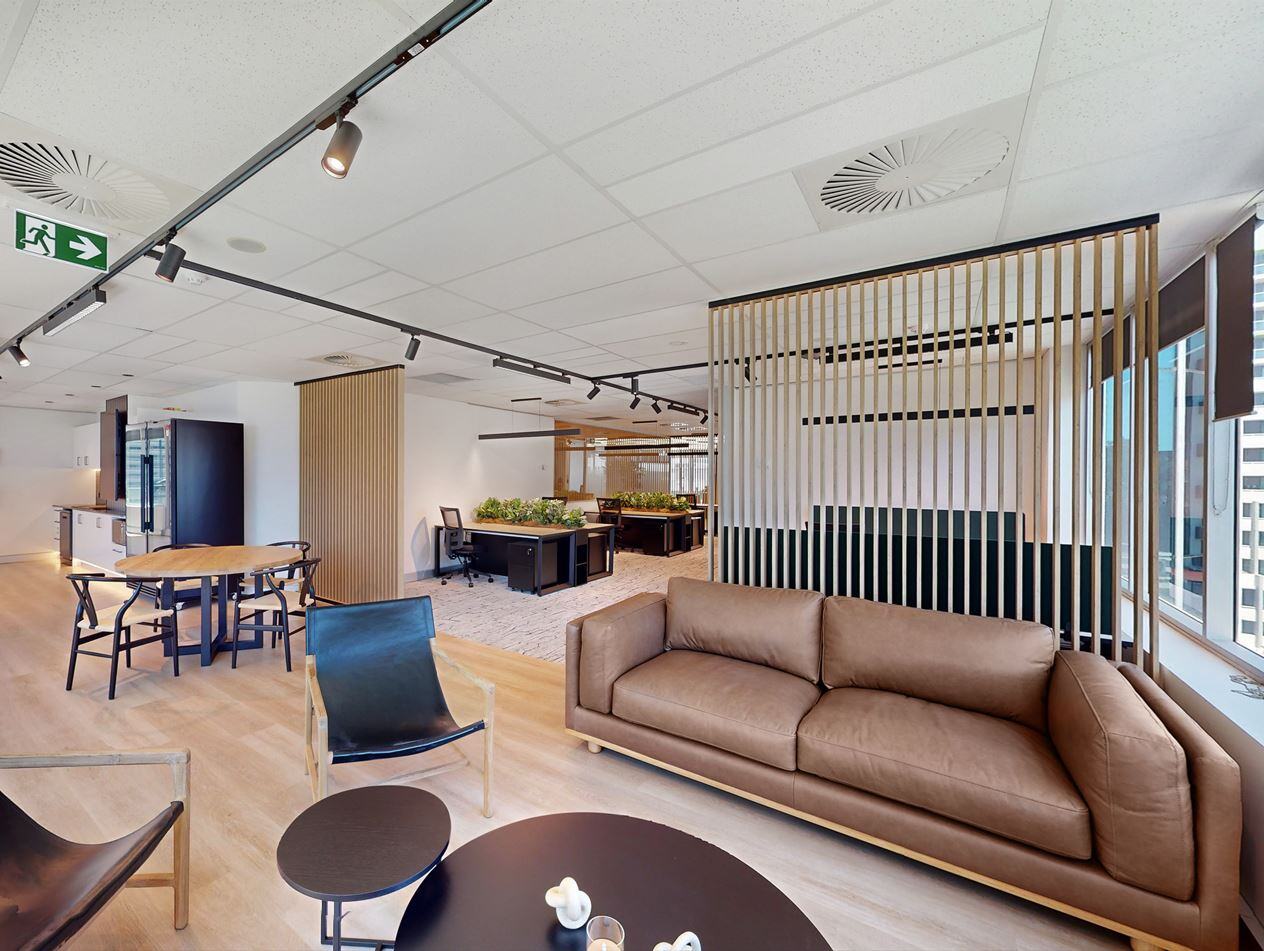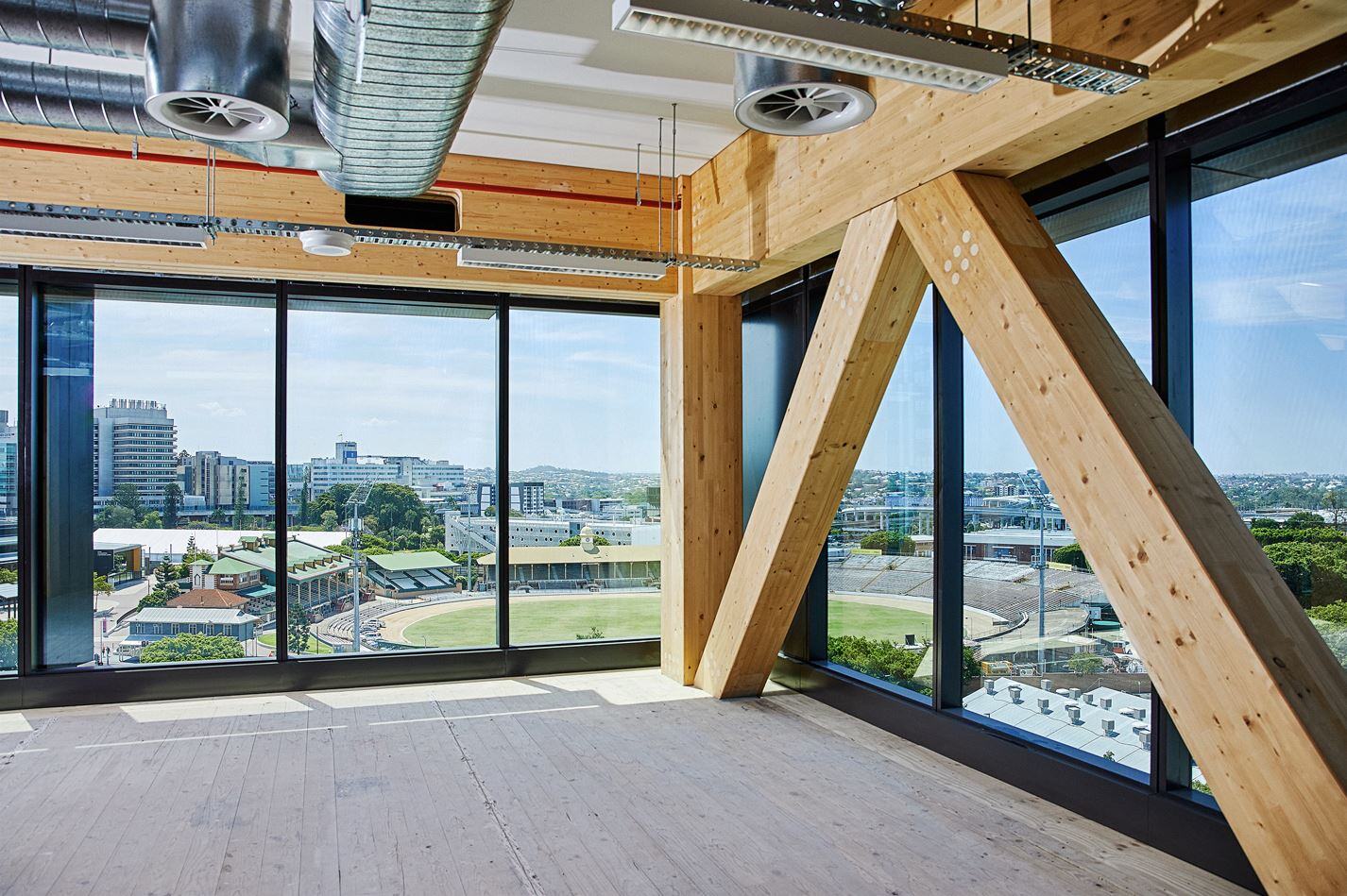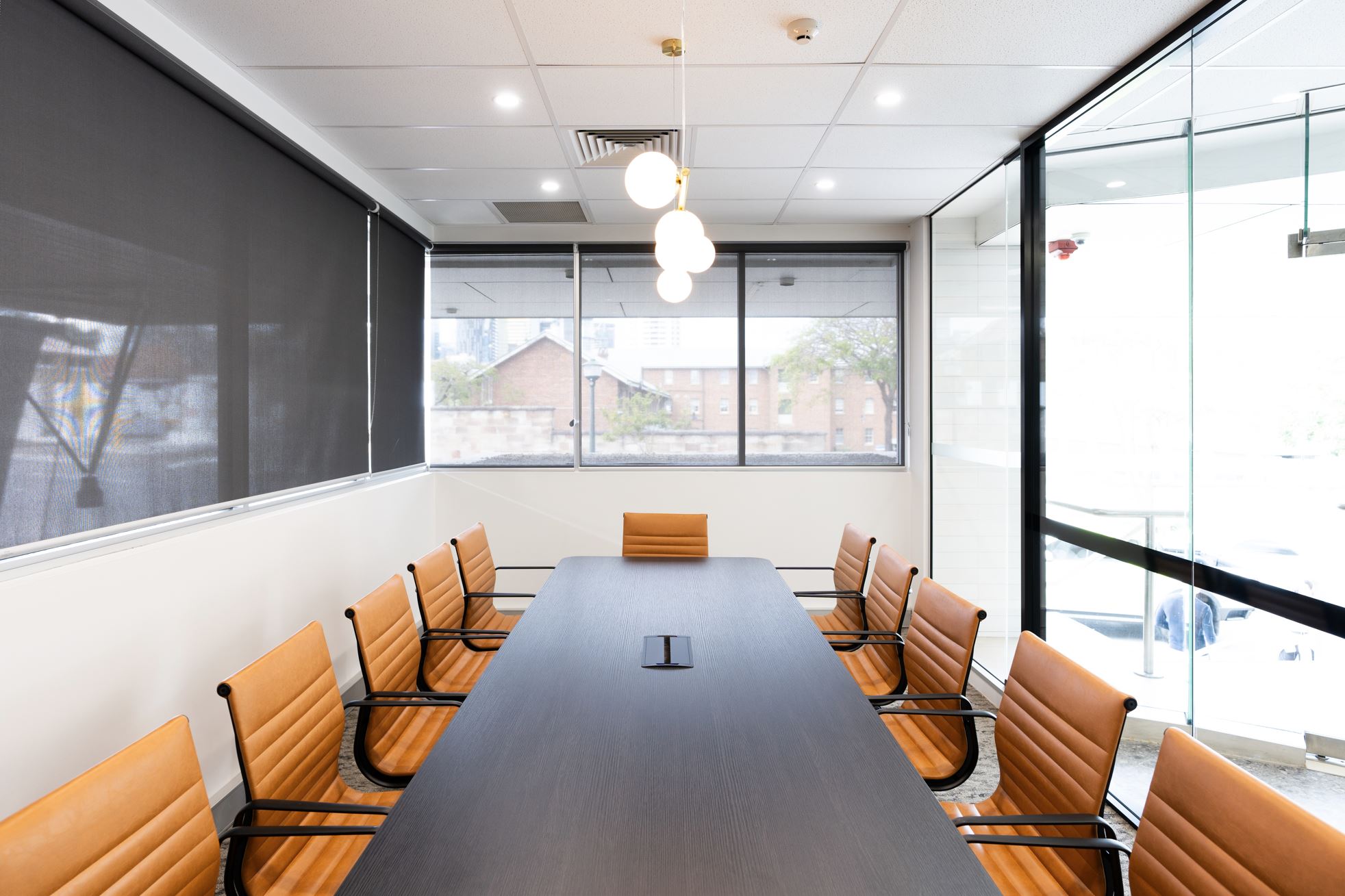5 Questions To Ask When Leasing Office Space
There are important decisions to make for your business when leasing an office space. Location, size, amenity, access to required technology, sustainability, and of course, the cost of the lease, are all critical factors that can support or hinder your clients and staff.
Here is our commercial leasing guide with five questions to ask when leasing office space, to make sure the space fits the needs of your business.
1. Where Is The Office Located?
Location is one of the most important factors to consider when leasing office space.
What are the business requirements for your clients and your staff? Do you need to be located in the central business district, or would it be better value to locate in the inner city?
When thinking about your office leasing in Brisbane, it is important to consider the accessibility of the site. Is there easy-to-access public transport, or sufficient parking at the building or nearby? This can be an essential element for a business to ensure clients, suppliers and employees can get there.
It is also critical for many workers that the office location is in a safe and secure area. A local community with other offices and perhaps cafes or shops, can help workers to feel engaged. There are also precincts where businesses servicing similar industries are co-located, such as mining and engineering services in the inner city area of Milton.
Having amenity in the building - such as an onsite cafe or gym - or in surrounding areas also provides a positive work environment for employees, which can be a benefit for retention and recruitment.
2. What Are The Lease Terms?
The most important factors when leasing office space are the terms and conditions of the lease agreement. It is critical to review the gross face rent, incentives, what type of lease security is required, and any make good requirements.
A Gross face rent is the market rent for an office building. It includes all outgoings, such as land taxes, rates, insurance or maintenance.
All these costs are often bundled into a single transaction that is charged at regular intervals, often monthly.
Incentives are financial “carrots” to entice lessee’s to sign up to a lease agreement. They are often rent-free periods or fit-out contributions that reduce the initial move-in costs. A rent abatement will reduce the rental cost for the life of the lease agreement.
The required lease security is another factor to consider, if it is part of the lease agreement. This is akin to a bond in residential property and is an amount of money kept (or a guarantee) as a surety in case there is damage or a rental default.
It’s also important to remember the end of the term. In a lease agreement, a make good is a contractual obligation to restore the property to the original condition once the rental period is complete.
3. Is The Space, Layout & Design Suitable?
Another important factor when leasing an office space is the building layout and design. The way an office is set up and fit out can impact employee productivity, as well as client satisfaction.
Many office spaces are now open plan or hot desks, where staff can collaborate or share spaces. However, there is also the option of traditional office cubicles, which can offer greater privacy.
Conference rooms are also important in an office space for professional businesses. Breakout spaces and meeting rooms can provide for presentations, group discussions and collaborations away from others working at their desks.
Kitchen facilities provide additional space to take breaks, chat and eat together, all building the office culture.
And one of the most important considerations in leasing is the business’ potential for growth. Is there enough space to accommodate extra staff throughout the term of the lease agreement?
4. What Is The Technology Infrastructure Like?
Access to fast and reliable technology services is now considered essential in an office space for many businesses.
For some, high-speed internet is critical to being able to work productively. For others, having slow internet is a source of frustration for staff. So it is worthwhile checking the internet capacity of the area where the office is located, notably whether the NBN is installed.
Data cabling within an office space to enable connectivity for phones, computers, video conferencing facilities and other devices may also be important to support many businesses. Review your business needs and the capabilities of the office space.
There may also be a requirement for additional security services or technologies. This could include CCTV or fire alarm and response systems.
5. What Are The Amenities Like?
Finally, to create a positive working environment in your office space, it may be worth considering the additional amenity in and around the building.
One of the top priorities is parking or transport access. Easy or low-cost parking can make it easier for customers and workers, increasing foot traffic and reducing worker stress.
End-of-trip facilities, such as bike racks, showers and change rooms, can also help. They provide another transport option for staff and promote a healthy lifestyle and culture.
Around the office, so-called “third spaces” - communal areas outside the office where people can gather and collaborate - can be great spots to meet up and network. Access to these spaces could be particularly helpful for small businesses without a large office area.
Considering a new office space for your business? Contact the inner-Brisbane leasing experts at Aegis Property Group.
.svg)



